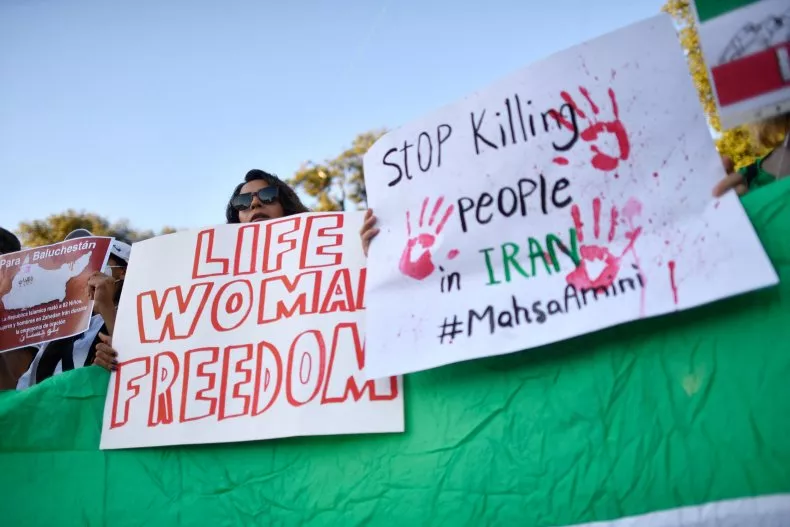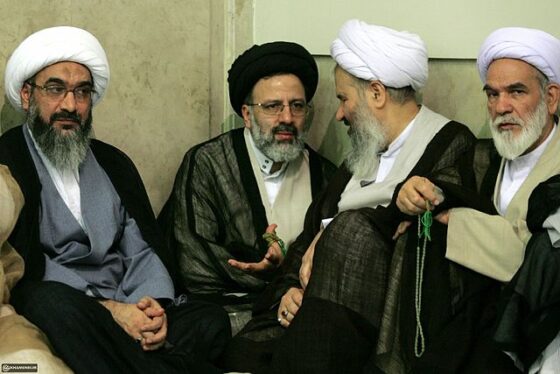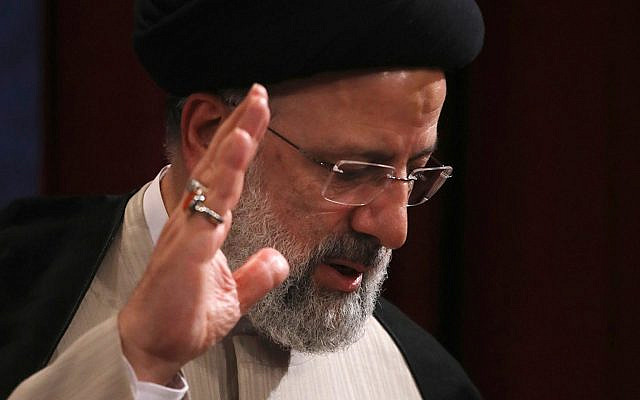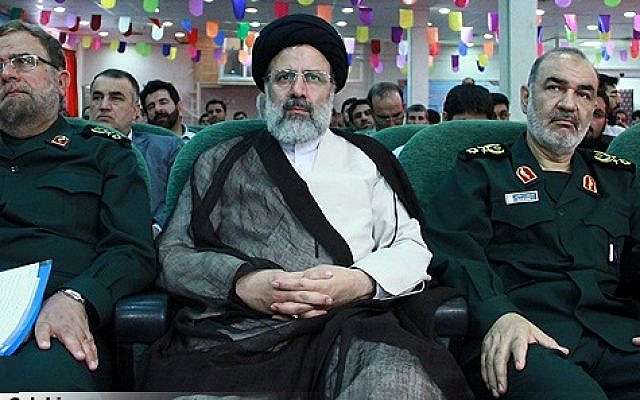Iran threat has not gone away, warns Royal Navy head
Published on: 2019-12-17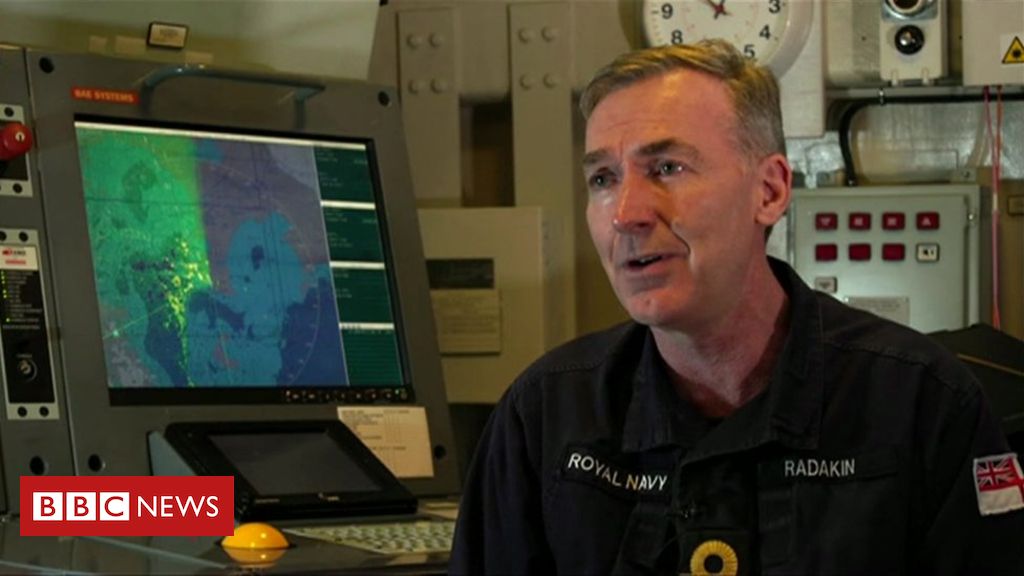
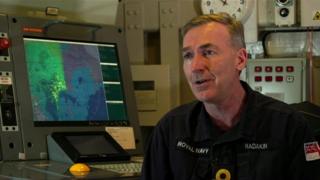
Admiral Tony Radakin officially replaced Sir Phillip Jones as head of the Royal Navy in June
Iran’s threat to British shipping in the Gulf “hasn’t gone away”, the head of the Royal Navy has told the BBC.
In July, Iran’s Revolutionary Guard seized British-flagged tanker the Stena Impero in the Straits of Hormuz.
Admiral Tony Radakin – giving his first interview since becoming First Sea Lord in June – described it as “aggressive” and “outrageous”.
He said that the UK wanted to “de-escalate” tensions with Iran following the release of the Stena Impero.
But for now, he added, the navy would maintain a heightened military presence in the Gulf.
At the time of the seizure, the UK had one frigate – HMS Montrose – stationed in the region. She has since been joined by the destroyer HMS Defender.
On a visit to the region, Adm Radakin said: “We have to react to when a nation is as aggressive as Iran was.
“It was an outrageous act that happened on the high seas and that’s why we have responded the way that we have.”
Image copyright
Reuters
The Stena Impero was released two months after it was seized by Iran for allegedly breaking maritime rules
More controversially, Adm Radakin also made clear that the UK would continue to work with a US-led coalition, known as “Operation Sentinel”, to provide maritime security in the Gulf, rather than join a rival European operation being set up by France.
While he welcomed the French initiative, he said there were “very simple practical reasons” for the UK to remain part of the US-led operation, including existing strong military ties.
He added that the UK had “been very clear” it did not support the Trump administration’s policy of maximum pressure on Iran.
The Gulf isn’t the only region where the Royal Navy is looking to have a more permanent presence. Adm Radakin said he was also discussing plans to station ships in the Caribbean and in the Asia Pacific region.
However, he suggested his greatest challenge was in the North Atlantic, where he said Russian underwater activity was at a 30-year high.
That could be a potential threat to Britain’s nuclear armed submarines – which must operate undetected. He admitted that the job was becoming harder with Russia’s own investment in quieter submarines.
Image copyright
PA Media
Adm Radakin was joined by the Duchess of Cornwall at a ceremony for the HMS Prince of Wales
The First Sea Lord has set himself the ambitious goal of transforming the Royal Navy to meet new threats, including “from space and cyber”, which would mean investing in new technologies.
He said his hope was that the new government would soon conduct a comprehensive defence review to properly assess the threats.
“That may mean we have to adjust the shape and size of the armed forces to enable that new investment, or it might mean we need to invest more,” he said.




